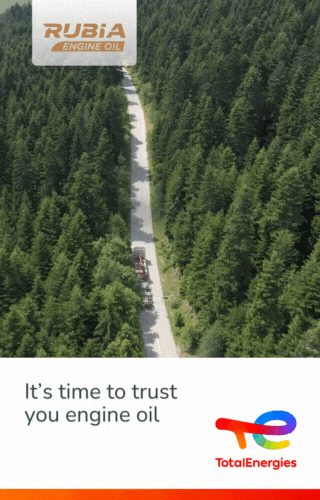Tony Gamble’s company, Gamble Forest Harvesting, has been working for Dunedin-based City Forests since 1971. The original contract was between Tony’s father, Bill, and the Dunedin City Council Forestry Department, as it was known back then.
Tony started working for his dad straight out of school in the early ’80s before taking over the business in the mid-1990s.
He currently employs 10 guys in a mechanised cable operation that runs a Madill swing yarder and also does the ground-based work in the blocks.
What’s unusual about Tony’s contract with City Forests is that it’s an evergreen one – it has no fixed termination date and keeps rolling over, however each party can give 12 months’ notice if they want to terminate.
Tony says the main benefit of the long-term partnership is that it gives him the confidence, and the ability, to invest in his equipment and his people.
“That contract, and our history mean I’m not working on a knife edge, a short cycle, not knowing what’s coming next.”
As a result, he can offer his people a stable workplace and can invest in training them.
“I can offer my guys good continuity of workflow. They are all employees. For them that stability of income means they can invest in their own lives – buy or rent a house, things like that.”
That stability also means his guys stick around.
“We’ve benefitted from very low staff turnover. I’ve got two guys who’ve been with me for more than 30 years. The newbie in the crew has been here longer than two years.”
The evergreen contract also means he has been able to invest in new equipment.
“We work in a collaborative way, me and City Forests. When I bought my swing yarder, for example, I didn’t just run off and buy it. City Forests and I agreed on what we were purchasing, the production requirements, how long I’d need to pay it off, and so on.
“That took a lot of the worry out of making a big investment like that. It’s allowed me to grow the business and the production.”
Tony says City Forests gives him a lot of scope in how he plans and harvests the blocks.
“They’ll give me a parcel and volume requirements, and we do everything from putting the skid sites in, to running the blocks the way we see fit, to keep the production flow up. Doing that means we can smooth out the bumps.”
The long history between the companies also helps when issues arise, as they inevitably will.
“Because we have a good relationship, we’re able to have very open discussions and talk things through. We approach any problems as a team, rather than individuals battling each other.”
Tony says the stability of the long-term contract also supports better health and safety.
“It means we’ve got trained, experienced people working with good equipment who aren’t under short-term production pressures. They work in an environment that’s safe and productive, and I think our injury stats, or lack of injuries, reflect that. We’ve had a long run without even a...





